Located in downtown Los Angeles, California, the Last Bookstore is a giant new and used book store that banked on the idea that book shopping could be instagrammable. From inside a tunnel of vintage books to walls of book-inspired art installations, the Last Bookstore is unique in that it combines the thrill of thrifting with the curated aesthetic of a downtown gallery. Visiting this gem wasn't just fun - it was actually a great place to find some unique local resources.
Jul 30, 2025
The Last Bookstore in Los Angeles, California
Jul 25, 2025
Exploring the Medicine Hat Stampede Midway
Jul 21, 2025
Last Blockbuster Video Store in Bend, Oregon
The last Blockbuster, located in Bend, Oregon, is more than just a video rental store, it’s a nostalgic time capsule and a cultural icon. As the final remaining store of what was once a global franchise with over 9,000 locations, the Bend Blockbuster has become a symbol of a bygone era, where browsing physical shelves for Friday night movies was a cherished ritual.
This location, still operational as of 2025, owes its survival to a loyal local community, a savvy business strategy, and a wave of pop culture interest. Owned by Sandi Harding, often referred to as the "Blockbuster Mom," the store retains much of its original charm; blue and yellow signage, shelves stacked with DVDs and Blu-rays, and a staff committed to keeping the experience alive. In a world dominated by streaming services, the Bend Blockbuster offers a rare tactile experience. Visitors can hold a movie case in their hands, chat with staff for recommendations, and revel in the simplicity of physical media.
The store has embraced its unique position in pop culture. It has become a tourist destination, selling exclusive Blockbuster-branded merchandise and memorabilia. In 2020, it even hosted a one-night-only Airbnb sleepover, allowing fans to camp out in the store surrounded by classic films and '90s nostalgia.
The story of the last Blockbuster has been captured in the 2020 documentary The Last Blockbuster, further boosting its fame and underscoring its emotional pull. For many, it represents more than a video store. It’s a symbol of community, connection, and the joy of simpler times. As long as people continue to visit, rent, and remember, the Bend Blockbuster stands as a living monument to the golden age of movie rentals.
Jul 20, 2025
I Found A Vintage Betamax Player
Despite its early lead in the market and technical advantages, Betamax lost the format war to VHS for several key reasons. VHS offered longer recording times—initially two hours, compared to Betamax’s one hour—which better suited consumer needs for recording entire movies or sports events. JVC also licensed the VHS format more freely, allowing multiple manufacturers to produce compatible machines and tapes, resulting in lower prices and broader availability. Sony, by contrast, kept Betamax more proprietary, limiting its reach.
By the mid-1980s, VHS had emerged as the dominant home video format, and Betamax began to fade. Sony eventually started producing VHS players in 1988, acknowledging the shift in consumer preference. However, Betamax tapes and players continued to be produced in limited quantities for specific markets until Sony officially discontinued the format in 2016.
Today, Betamax is remembered as a cautionary tale of how technical superiority doesn’t always guarantee market success. It holds a cult status among vintage tech collectors and film historians. The Betamax vs. VHS battle is often cited in business and media studies as a classic example of how market strategy, licensing, and consumer convenience can outweigh innovation.
Though obsolete, Betamax’s legacy lives on as a pioneer of home video technology, paving the way for the way we consume media today. It represents a significant chapter in the evolution of entertainment and media formats.

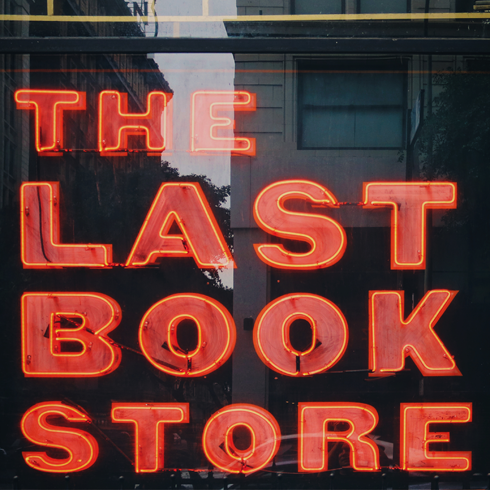




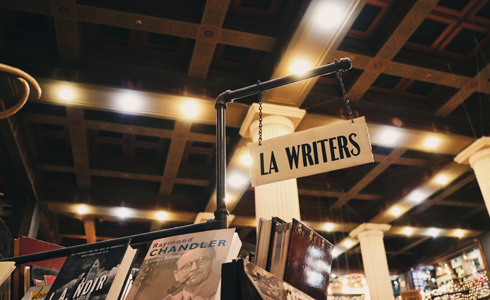





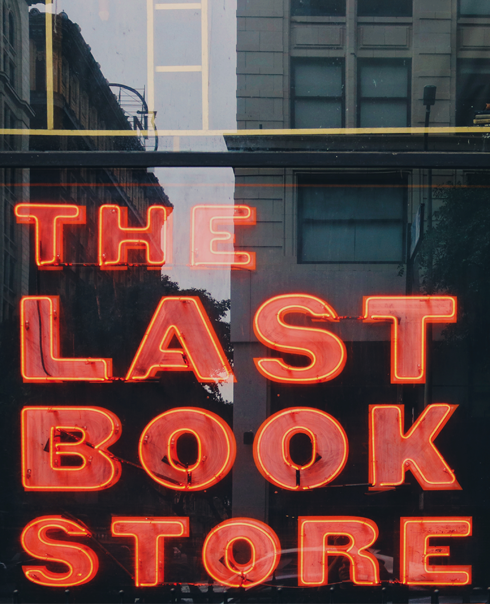



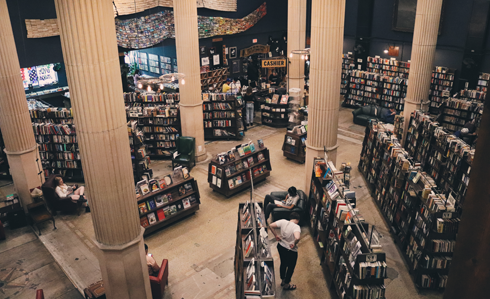


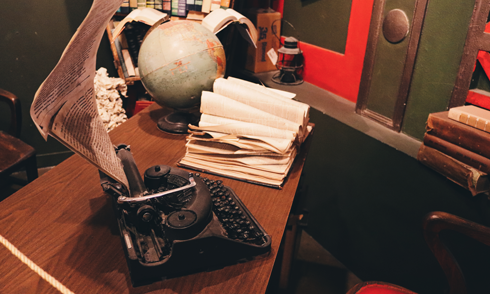



.png)
.png)
.png)
.png)
.png)
.png)
.png)
.png)
.png)
.png)
.png)
.png)
.png)
.png)
.png)
.png)
.png)
.png)
.png)
.png)
.png)
.png)
.png)
.png)
.png)
.png)


